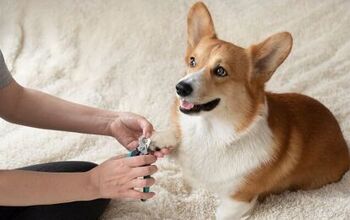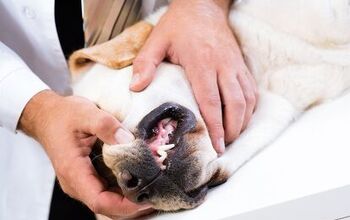At What Age Should I Start Socializing My Dog?

Socialization is one of the most critical aspects of raising a well-adjusted and confident dog. Proper socialization helps prevent fear, anxiety, and aggression while fostering positive interactions with people, other animals, and new environments. But when is the right time to start? The short answer: as early as possible. However, different stages of a dog’s life require different approaches. Here’s what you need to know.
The Critical Socialization Period: 3 to 16 Weeks
Puppyhood is the optimal time for socialization. Puppies go through a crucial developmental window between 3 and 16 weeks of age, during which they are most receptive to new experiences. Exposing them to various sights, sounds, and situations during this period helps them grow into well-mannered adult dogs.
When to Begin
The American Veterinary Society of Animal Behavior (AVSAB) recommends starting socialization as early as 7 to 8 weeks old, even before full vaccination. However, exposure must be done in safe, controlled environments to minimize health risks. Structured puppy classes, playdates with fully vaccinated dogs, and supervised outings can be excellent ways to introduce new experiences safely.
Effective Socialization Strategies
Successful socialization involves controlled, positive exposure to a wide variety of experiences. Here’s how you can help your puppy develop confidence:
- Introduce New People: Expose your puppy to people of different ages, appearances, and voices. This helps prevent fear of strangers later in life.
- Expose to Different Environments: Take your puppy to pet-friendly locations, parks, and sidewalks. Introduce them to common sounds such as traffic, doorbells, and household appliances.
- Use Positive Reinforcement: Reward calm and friendly behavior with treats and praise. This creates positive associations with new experiences.
- Organize Puppy Playdates: Arrange supervised play sessions with vaccinated puppies or well-behaved adult dogs to encourage good social behavior.
- Introduce Different Surfaces and Objects: Let your puppy walk on different textures like grass, pavement, sand, and carpet. Exposure to unusual objects such as umbrellas, bicycles, and strollers can help prevent fear reactions in the future.
- Acclimate to Handling: Regularly touch your puppy’s paws, ears, and mouth to prepare them for grooming and veterinary visits. Reward them for remaining calm during handling exercises.
The Role of Continued Socialization
While the critical window for socialization closes around 16 weeks, socialization should be an ongoing process. Continuing to expose your dog to new experiences throughout their life helps reinforce positive behaviors and prevents regression. Regular outings, playdates, and training exercises are key to maintaining their confidence and adaptability.
What If I Missed the Socialization Window?
While early socialization is ideal, older dogs can still learn to adapt with patience and consistency. Adult dogs may take longer to adjust to new experiences, but gradual exposure combined with positive reinforcement can help. For adult dogs struggling with fear or anxiety, consider:
- Slow, controlled introductions to new environments and people.
- Desensitization and counterconditioning to reduce fear-based reactions.
- Professional training or behaviorist guidance for severe cases of anxiety or aggression.
- Building trust through enrichment activities, such as puzzle toys, scent games, and structured training sessions.
Final Thoughts
Early socialization sets the foundation for a well-adjusted, confident dog. By exposing your puppy to a variety of experiences in a positive and controlled manner, you can help prevent behavioral issues and ensure they grow into a friendly and adaptable companion. If you’re socializing an older dog, patience and professional support can make a significant difference. No matter the age, a well-socialized dog leads a happier and more fulfilling life. Investing time in socialization today will benefit both you and your furry companion for years to come.

A proud mama to seven dogs and ten cats, Angela spends her days writing for her fellow pet parents and pampering her furballs, all of whom are rescues. When she's not gushing over her adorable cats or playing with her dogs, she can be found curled up with a good fantasy book.
More by Angela Vuckovic























